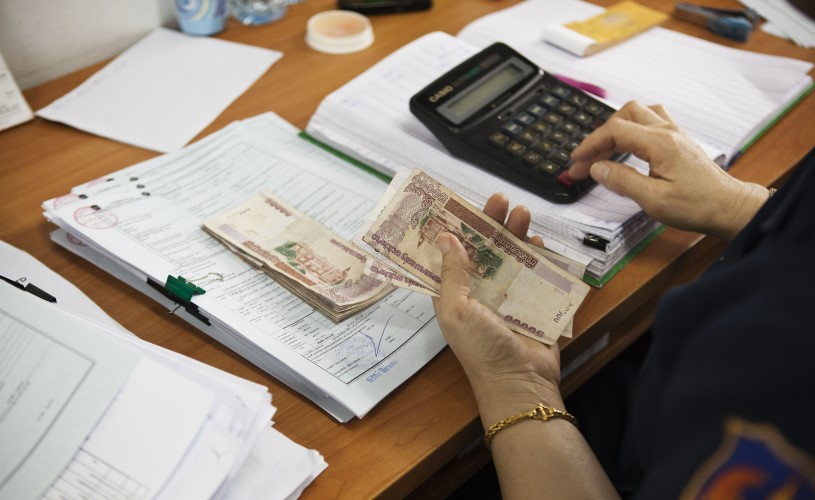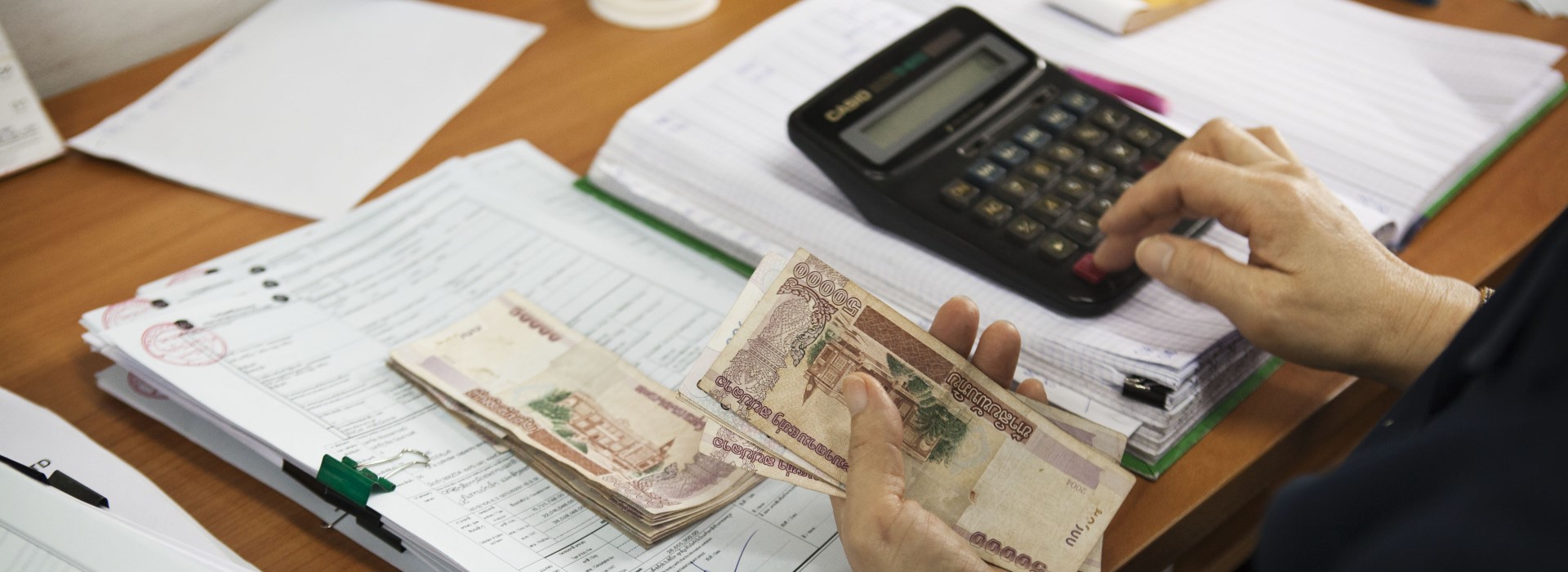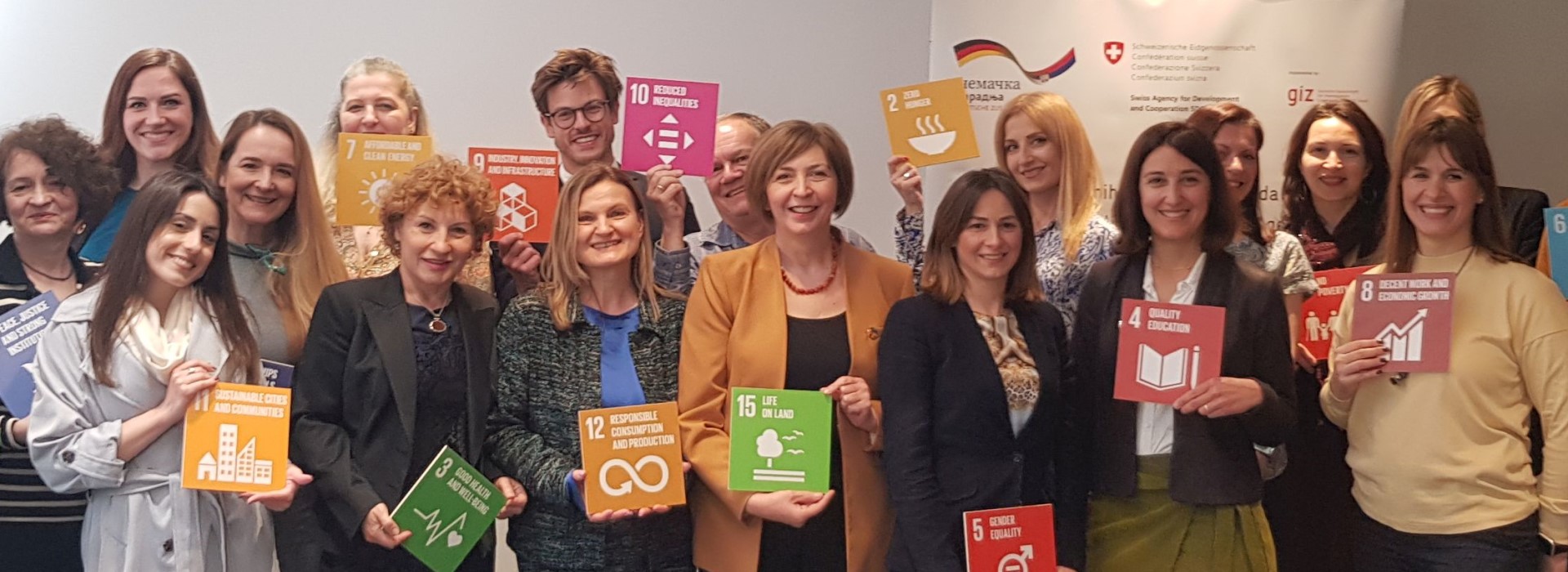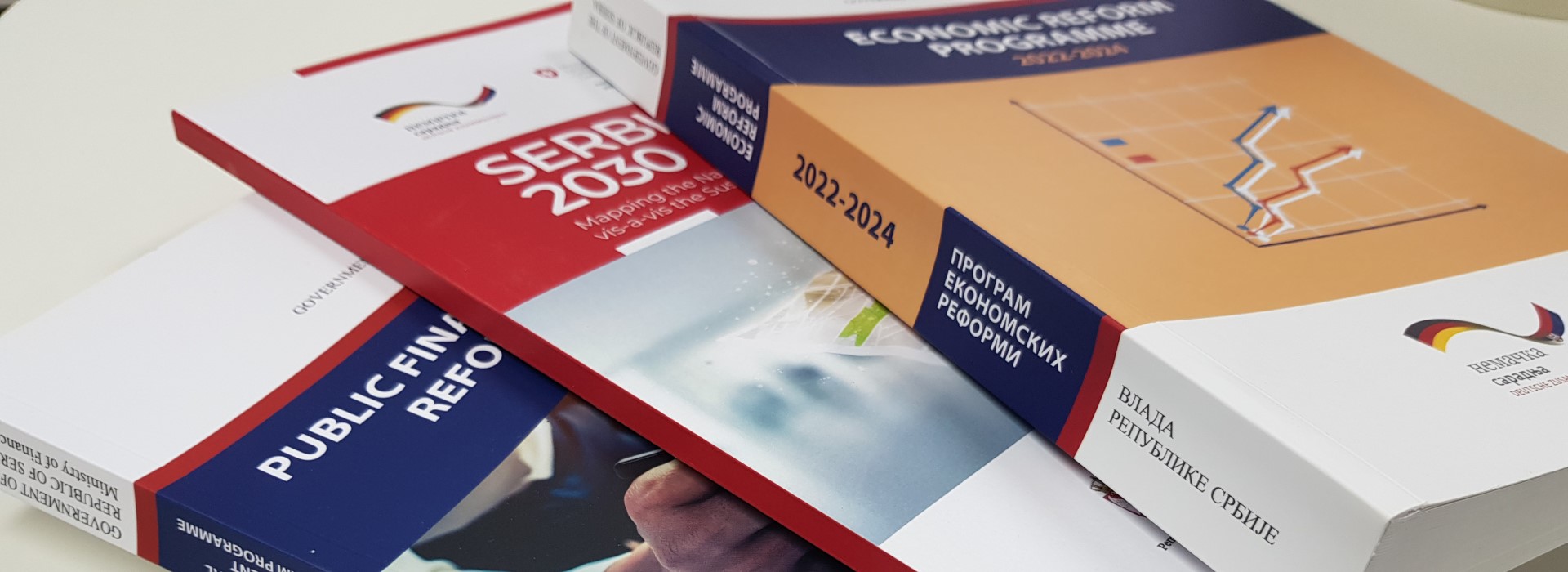

Governance and democracy: The 2030 Agenda: let’s talk money!
Realising the SDGs requires finance. GIZ advises countries all over the world on how to find and use the necessary funds.
USD 4.3 trillion – this is the annual shortfall in the funds required to achieve the goals of the 2030 Agenda. What is needed are not just financial commitments from the global community but also more sustainable financial policies at national level. GIZ supports countries in aligning their policies with the 17 goals of the 2030 Agenda.
To live well on a healthy planet is something many people aspire to. Their ability to do so depends to some degree on how the country they live in spends and invests its funds. The 17 Sustainable Development Goals (SDGs) set out in the 2030 Agenda offer guidance on what to aim for. But answers to the question of how to get there are often in short supply. And the biggest question of all: where will the money come from? The annual global shortfall in funding amounts to USD 4.3 trillion.
That is why the Deutsche Gesellschaft für Internationale Zusammenarbeit (GIZ) GmbH is working with numerous countries around the world to mobilise, manage and use funds in a way that helps citizens lead better lives as envisaged by the 2030 Agenda. The German Federal Ministry for Economic Cooperation and Development (BMZ) has set up a programme dedicated not to individual SDGs but rather to the bigger picture: GIZ is supporting partner countries in aligning their budgets strategically with the 2030 Agenda and putting in place the structures needed for more sustainable financial policies. Mexico, Serbia and Namibia are three of these countries.

Funds are available if they serve the SDGs
In Mexico, for example, GIZ has supported the government in distributing public funds to the federal states on a more sustainable basis. A social fund now reviews proposed investments according to social, economic and environmental sustainability criteria. Municipalities receive funds if they use these to dismantle social inequalities.
This means that poor municipalities in particular can access more money if they improve wastewater management, for example, or extend the electricity supply to all their citizens. This creates incentives to invest funds in ways that profit the 2030 Agenda. As a result, Oaxaca, one of Mexico’s most economically and socially disadvantaged federal states, has aligned its public spending with the SDGs for the first time.
However, many countries do not have sufficient revenues to drive forward sustainable development. Health insurance schemes, the energy transition, or a stable, universal water supply all involve major government expenditure. To address this, GIZ supports countries in various ways – for example, in opening up new sources of revenue from customs duties and taxes, preventing misappropriation of funds, and making tax administration more efficient and transparent. Working on behalf of BMZ, GIZ has been able to put in place vital structures for increasing state revenues in Benin, Madagascar and Serbia.

Serbia: paying taxes pays off
In Serbia, the emphasis is on building trust in the financial administration and improving financial control. The Serbian administration has worked with GIZ to develop guidelines and measures to enable them to better monitor how and for what purposes tax monies are used.
As Ana Tešić, Head of Serbia’s Budget Inspection Department, explains: ‘We’re looking for funds that have been improperly used. If we conclude that expenditure was not in line with the budget plan, the institutions have to return the funds.’ Staff at the Budget Inspection Department were trained for this by GIZ and are now able to carry out twice as many checks.
Their work pays dividends. With support from GIZ, the Serbian tax authority has ascertained that in 2021, 58 per cent of citizens were satisfied with its performance – a significant improvement on the 2014 figure of just 42 per cent. What is more, public revenues in Serbia have grown steadily since 2015. There is still a long way to go – but Serbia has already achieved six SDG targets and has made good progress on another 54.
Last update: September 2023